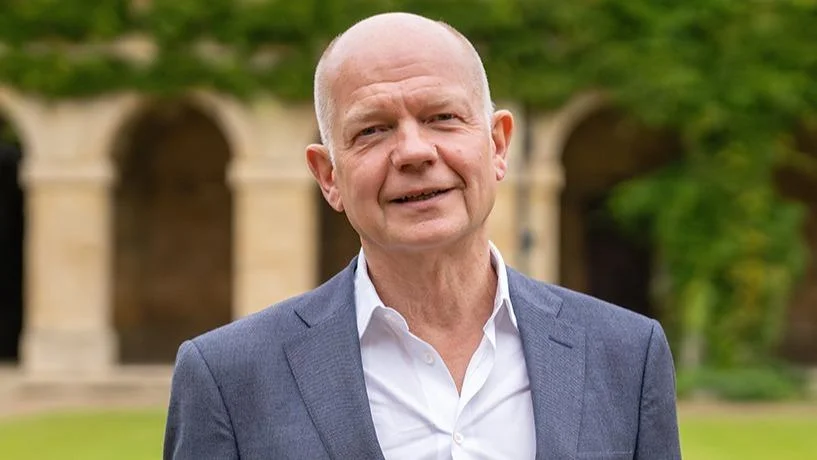Oxford University has appointed Professor Sir Nigel Shadbolt as Chair of the new AI@Oxford Research initiative. The university aims to strengthen its position in artificial intelligence research and innovation by bringing together expertise from all four academic divisions and its Gardens, Libraries, and Museums. The initiative is funded by the divisions and supported by the John Fell Fund.
AI@Oxford Research will coordinate AI activities across disciplines, promote Oxford’s expertise to external partners and policymakers, develop large-scale research proposals for investment, and create an online platform highlighting Oxford’s AI community.
Professor Sir Nigel Shadbolt stated: "Oxford has extraordinary depth and breadth in AI research - spanning the sciences, social sciences, humanities, medicine, our libraries and museums. AI@Oxford Research will help connect and amplify these efforts, ensuring that Oxford continues to lead in both the creation and responsible application of AI for the benefit of humanity. I’m delighted to take on this role and to work with colleagues across the University to shape and communicate our collective vision."
Shadbolt is recognized as one of the UK’s leading AI experts. He co-founded the Open Data Institute with Sir Tim Berners-Lee and has advocated for trustworthy technology. In his new position, he will oversee a website showcasing Oxford’s AI work, facilitate major external partnerships, and help secure investment for future research.
Professor Jim Naismith, Head of the Mathematical, Physical and Life Sciences Division (MPLS), said: "Sometimes it feels like Oxford University’s best kept secret is that we are the leading academic institution in the world, across the entire breadth of AI from its foundations, to its application, its economics, its ethics and on through safety... Nigel is a visionary leader who combines deep expertise with a clear understanding of how to connect people and ideas. He is going to ensure our profile matches our accomplishments, help us pull together across the collegiate university, and act as an ambassador for AI at Oxford."
The appointment follows ongoing efforts led by Professor Anne Trefethen (Pro-Vice-Chancellor Digital) to make AI tools accessible throughout Oxford. Trefethen commented: "We want everyone at Oxford - from researchers to professional staff - to have the skills and confidence to use AI tools effectively. By coupling implementation with research leadership, Oxford is creating a truly joined-up approach that supports innovation and ensures we are leading this transformation responsibly and inclusively."
Oxford researchers are using artificial intelligence in various fields including life sciences—where it enhances methods such as fMRI brain scanning—molecular design for drug discovery through projects like OpenBind led by Professors Charlotte Deane and Frank von Delft; cancer diagnostics involving computational methods spearheaded by Professors Mark Coles, Eamonn Gaffney, Simon Leedham, and Helen Byrne; ultrasound imaging advancements under Professor Ana Namburete's WOMB2COT project; education via the Oxford AI in Education Hub; human rights documentation through collaborations at the Blavatnik School of Government; as well as governance frameworks developed at initiatives such as the Oxford Martin School's AI Governance Initiative.
Professor Patrick Grant (Pro-Vice-Chancellor for Research) added: "AI will transform aspects of modern life, from healthcare to education and culture, bringing both challenges and opportunities. Oxford’s breadth across disciplines gives us the opportunity - and the responsibility - to be a leader in exploring and balancing the innovation, ethical and other impacts of AI. Nigel’s appointment will help us harness that potential and demonstrate Oxford’s leadership in this fast-moving field."
The university describes this initiative as part of its strategic commitment to guide responsible development of artificial intelligence.

